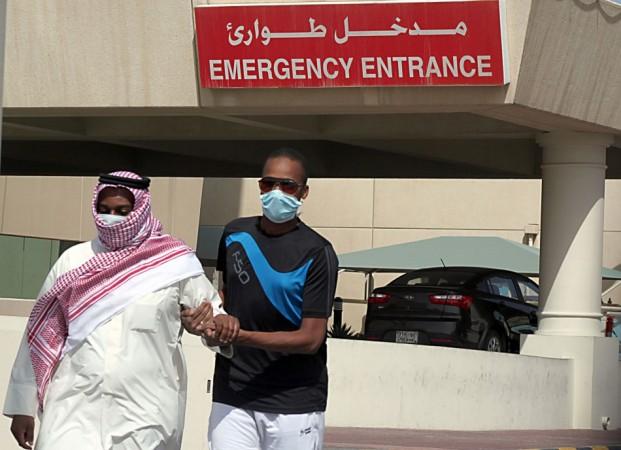
The World Health Organisation (WHO) on Wednesday issued a warning to all its member states to continue their surveillance for a SARS-like, fast spreading and extremely deadly virus known as Middle East Respiratory syndrome Coronavirus (MERS-CoV).
The virus has infected 49 people and killed 27 of them till now, according to WHO. The outbreak was first reported from the Al Ahsa region in Saudi Arabia in April this year.
The first patient to die of the new disease is a 56-year old man with 'underlying medical conditions'. He had been taken ill on 12 May and died eight days later.
The Ministry of Health in Saudi Arabia has reported to the world health body about five new laboratory confirmed cases due to MERS-CoV.
Even as the recent laboratory cases are reported from Saudi Arabia, deaths due to MERS-CoV have been reported from elsewhere also. But all the cases are reported to be having a direct and indirect connection to the Middle Eastern nations. Some are among those who returned from the region and some among people who were in close contact with laboratory-confirmed cases.
Recent laboratory-confirmed cases have been reported from Jordan, Qatar, Saudi Arabia, United Arab Emirates (UAE), France, Germany, Tunisia and United Kingdom. On Tuesday, a patient in France died after getting infected during a trip to the Middle East.
WHO has issued a warning to health care providers across the world to be vigilant and continue to watch out for Severe Acute Respiratory Infections (SARI) as well as "cautiously review any unusual patterns".
Recent travellers returning from the Middle East who develop SARI should be tested for MERS-CoV as advised in the current surveillance recommendations. Specimens from patients' lower respiratory tracts should be obtained for diagnosis where possible. Clinicians are reminded that MERS-CoV infection should be considered even with atypical signs and symptoms, such as diarrhea, in patients who are immunocompromised," said the health body.
WHO also said that health care workers face high risk of contracting the virus as many cases have been confirmed among them.
MERS-CoV affects the respiratory system and its symptoms are severe fever, cough and other breathing difficulties. It can also lead to pneumonia and kidney failure. The new strain of coronavirus (nCoV) was not detected in humans before.
Dubbed as 'a threat to the entire world' by WHO, the virus is capable of human-to-human transfer. However, the origin or the virus and its method of spreading remain a mystery.

















